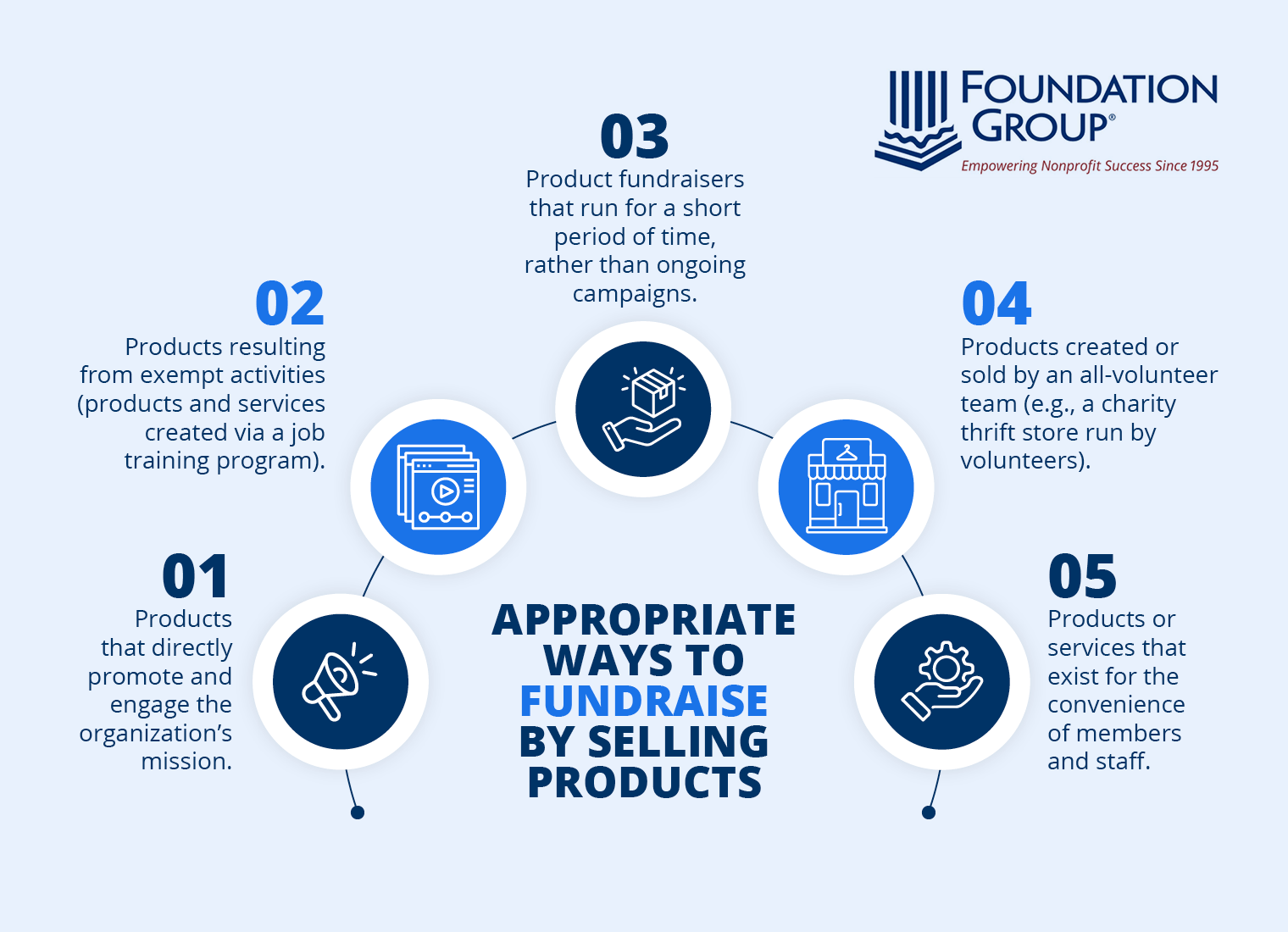Fundraising Event Compliance: Permits, Taxes, and More
From annual galas to class reunions, there are numerous benefits to hosting events for alumni, parents, and other members of your school’s community. These fundraisers are mission-critical, generating the vital resources necessary to move your institution forward.
However, high engagement and an influx of fundraising dollars can easily overshadow a non-negotiable element of event planning: compliance.
Fundraising event compliance is a fundamental infrastructure that protects your school and strengthens donor trust. Not to mention, the consequences of failing to properly manage the legal and tax requirements of a fundraising event can be severe.
This guide details the core compliance pillars that your fundraising officers must prioritize for successful events.
Charitable Solicitations Registration
Charitable solicitations registration is the foundational state-level requirement for nearly every nonprofit organization that solicits funds from the public. Registration is required in approximately 40 states, and organizations must register in every state where they conduct fundraising activities.
The registration process varies from state to state. For example, in Pennsylvania, educational organizations are exempt from registration if they meet specific criteria. Alaska, however, does not offer exemptions for educational institutions.
If your school’s state (or any state in which you’re fundraising) requires registration, the regulation likely applies to any solicitation activity targeting the state’s residents. According to Foundation Group, virtually all forms of revenue generation trigger a registration requirement. This can include:
- Fundraising events, like fun runs, galas, or any other organized event your institution hosts that raises money from students, parents, alumni, and the community
- Online campaigns, such as a call-to-action in your email newsletter or a button that leads to your donation page
- Product sales, including branded merchandise, participation fees for special activities, and any other goods or services exchanged for a monetary contribution
While the rules for educational exemptions are inconsistent and often conditional, assuming an automatic exemption is a high-risk liability. Failure to secure and maintain registration—or proof of exemption—means the institution is soliciting illegally in that state.
The ramifications of non-compliance are serious. A state regulator can issue cease-and-desist orders, levy substantial fines and late fees, and, in extreme cases, demand the return of all funds raised illegally within their jurisdiction. For development officers charged with protecting alumni relationships and institutional reputation, the potential legal exposure and public scrutiny are not worth the administrative shortcut.
Unrelated Business Income Tax (UBIT)
Tax-exempt status does not equate to tax immunity. Fundraising events are often subject to Unrelated Business Income Tax (UBIT) if they regularly generate revenue from activities that are not substantially related to the institution’s educational purpose.
Any tax-exempt organization that generates gross unrelated business income (UBI) of $1,000 or more during its fiscal year must file IRS Form 990-T. This form reports UBI to the IRS and indicates any tax due.
Educational institutions can determine whether a fundraising activity is subject to UBIT by considering:
- The nature of the activity. Activities subject to UBIT are conducted with the intention of making a profit. For example, an alumni event is designed to engage and cultivate donors, while a gift store located in the event’s venue may be dedicated solely to selling goods or services.
- The frequency of its occurrence. Educational institutions generate UBI when the activity is ongoing. For example, an online store differs from a one-time event because it constantly offers goods and accepts payments.
- Its relevance to your school’s educational purpose. Income is considered UBI when generated from a fundraising activity that is irrelevant to your school’s educational purpose.
Keep in mind that Form 990-T doesn’t take the place of an organization’s annual Form 990 filing—it supplements it. Failing to file both can result in severe penalties, such as having your 501(c)(3) status revoked.
Acceptable Product Sales for Educational Institutions
It’s important to note that not all product sales are considered UBI. See the image below for examples of products your school can sell:

- Directly promote and engage your mission
- Result from exempt activities (e.g., products and services created via a job training program)
- Fundraise for a short period of time, rather than operate as an ongoing campaign
- Are created or sold by an all-volunteer team (e.g., a charity thrift store run by volunteers)
- Exist for the convenience of members and staff
The best way to ensure your school adheres to tax regulations surrounding product sales is to prioritize detailed recordkeeping. Sales data, such as total revenue generated and fundraising expenses, is crucial in determining whether the income qualifies as UBI.
Event Permits and Tax Deductibility
The final layer of event compliance involves managing local-level rules that directly affect the donor experience and the legality of the event itself. This includes securing the necessary permits for games and auctions, as well as properly calculating how much a donor can deduct from their taxes.
Licensing for Raffles, Auctions, and Games of Chance
Beyond federal tax and state charitable solicitation laws, fundraising activities involving games of chance are regulated heavily at the state and local levels. Raffles, lotteries, poker tournaments, and even certain types of silent auctions may be considered illegal gambling unless the nonprofit has secured specific state licenses or local permits.
Many jurisdictions require educational organizations to obtain a separate permit for each game of chance, often with a strict cap on the prize value or the frequency of the game. Local authorities can shut down an event in progress for lack of proper permits, creating a highly damaging public relations crisis for the institution and exposing event organizers to personal liability.
Fair Market Value (FMV)
Every fundraising event that provides something of tangible value to the donor—a gift card, a round of golf, a seat at a performance—is considered a quid pro quo transaction. Fundraisers are obligated to inform donors exactly what portion of their payment is a deductible contribution and what portion represents the Fair Market Value (FMV) of the goods or services received.
For example, if an auction ticket costs $100, but the event includes a dinner that typically sells for $25, then only the $75 excess contribution is tax-deductible. Careful bookkeeping for nonprofits is critical for accurately calculating FMV and reporting it to donors.
Donor Acknowledgments
The IRS requires organizations to provide a written acknowledgment for any contribution of $250 or more that includes the following information:
- The name of your institution
- The amount of the donor’s contribution
- A description of the contribution, if it was non-cash
- A statement indicating either that no goods or services were exchanged, or a description and good faith estimate of the goods’ value if provided in return for the contribution
- A statement confirming that no goods or services were provided in exchange for the contribution, or that any such provisions were solely intangible religious benefits
Incorrectly stating the FMV or neglecting to provide proper receipts places the burden of proof on the donor in an IRS audit. This can directly damage the relationship and trust your fundraising team has worked so hard to build, ultimately sacrificing your chances of retaining donors for future fundraisers.
Effective fundraising is built on a foundation of operational excellence, and compliance is the most essential element of that operation. With the right strategy and expertise, your school can achieve successful fundraising and capacity building.
Many organizations benefit from the expertise of compliance experts who specialize in the nonprofit regulatory environment. These professionals handle the painstaking administrative and legal requirements of compliance, allowing development officers to focus entirely on their mission.
About the author

Greg is the founder and CEO of Foundation Group, one of the nation's top providers of tax and compliance services to nonprofits. Greg and his team have worked with tens of thousands of nonprofits for over 25 years, assisting them with formation of new charities, plus tax, bookkeeping, and compliance services. He is credentialed as an Enrolled Agent, the highest designation of tax specialist recognized by the Internal Revenue Service. Based in Nashville, Tennessee, Greg and company work with charities and nonprofits all across the country and worldwide.
Blackbaud, the leading provider of software for powering social impact, and Almabase, the digital-first alumni engagement solution, have announced the expansion of their partnership to the education sectors of Canada and the United Kingdom. The partnership will provide institutions with a modern, digital-first solution to improve constituent data, drive self-serve engagement, and boost event participation.
A Unified Vision
The partnership aligns with Blackbaud’s commitment to customer-centric innovation across digital engagement, Advancement CRM, and financials.
“Partners bring integrated capabilities that extend capabilities and outcomes for Blackbaud customers. We are thrilled that Almabase’s offering, integrated with Blackbaud Raiser’s Edge NXT® and leveraging Blackbaud’s best-in-class payment solution, Blackbaud Merchant Services™, is now available to even more of our customers around the world.”
- Liz Price, Sr. Director of Global Partners at Blackbaud

.svg)